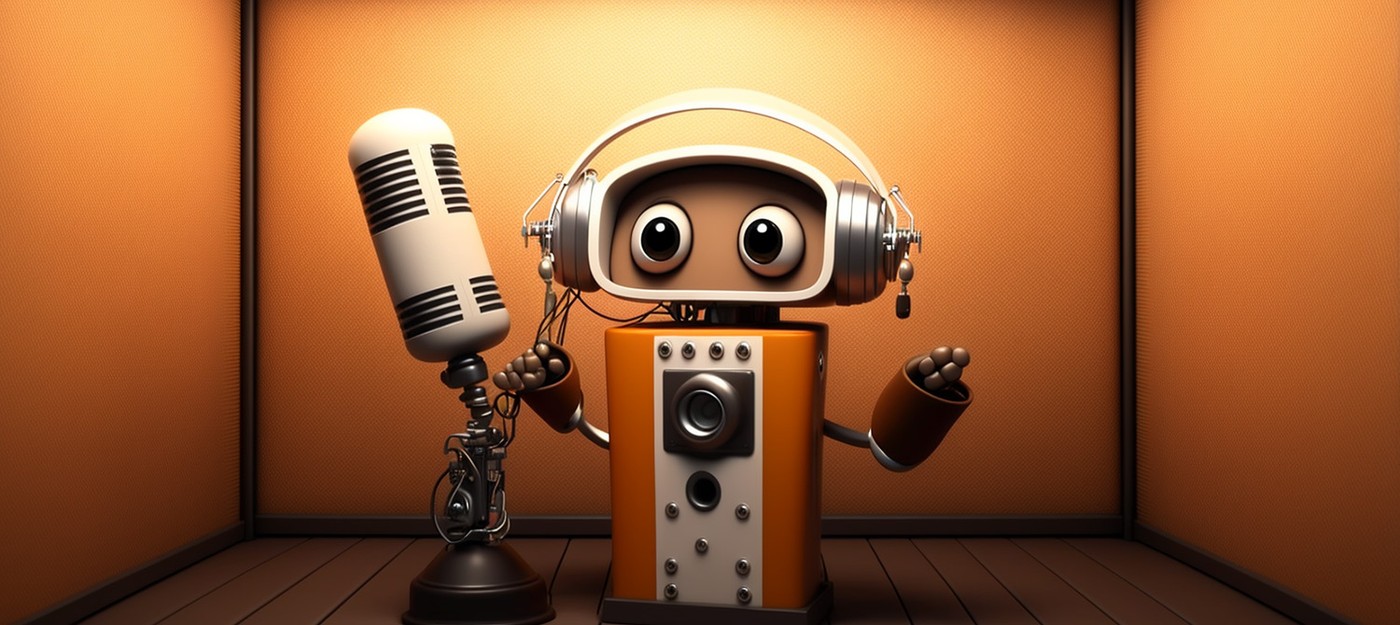Voice actors speak out against the rise of AI generated voices

As the entertainment industry continues to embrace the capabilities of artificial intelligence, voice actors are facing a new challenge. Recently, video game voice actors have reported being asked to sign over their voice rights to company-run AI voice generators. This means that even if a voice actor performs in a project, their voice could still be used by AI to generate additional performances, potentially cutting into their compensation.
The use of AI-generated voices in the entertainment industry raises important questions about consent and the ethical treatment of artists. Some voice actors are concerned that they may not be properly compensated for the use of their "likeness" if their voices are fed into AI algorithms. And, unlike in the case of traditional performances, there is no opportunity for the actor to refuse a line or take back their consent once their voice has been recorded and fed into the AI system.
Fryda Wolff, a well-known voice actor best known for her work in Apex Legends, spoke to Motherboard about the impact of AI-generated voices on human actors and their pay. "They could get away with squeezing more performances out of me through feeding my voice to AI, using these generated performances, and then never compensating me for use of my 'likeness', never mind informing my agency that this was done," she said.
Voice actors such as Steve Blum, Kara Edwards, and Stephanie Sheh have also voiced their concerns using social media platforms like Twitter to ask fans to let them know if their voices are being used on AI voice apps. They argue that it is unethical and disrespectful to the craft, as AI-generated voices will never be able to truly capture the emotion and passion that comes with a human performance.
"I know AI technology is exciting, but if you see my voice or any of the characters that I voice offered on any of those sites, please know that I have not given my permission, and never will," wrote Blum. "This is highly unethical."
Sungwon Cho, a prominent voice actor, also spoke out about the impact of AI on the voice acting community, saying that "it is disrespectful to the craft to suggest that generating a performance is equivalent to a real human being's performance." Cho highlights the unique qualities that a human performer can bring to a role, such as nuance and emotional depth, that AI algorithms cannot replicate.
Another point of concern among voice actors is the issue of consent. In many cases, artists whose work is being used for AI are not giving their explicit consent to be a part of the technology. Speaking with Motherboard actor Sarah Elmaleh emphasized the importance of ongoing consent, as what happens if the artist agrees to a role but later feels uncomfortable with a particular line in the script? Normally, actors have the ability to refuse to read a line, but this technology circumvents that entirely.
It is clear that AI is becoming a part of the entertainment industry, with companies and studios actively embracing the technology (such as Linkin Park and Netflix). There're certainly benefits to using AI, such as the ability to quickly generate content, explore, experiment and test new ideas, there is also a risk of dehumanizing the art and performance that makes the entertainment industry so captivating. It is also important to consider the impact that this will have on the artists and performers who put in the hard work and passion behind the scenes.
It is depressing to think that the future of entertainment could mean getting rid of the human touch, and it is crucial that the industry finds a way to balance the use of AI technology with the preservation of human artistry and creativity.
